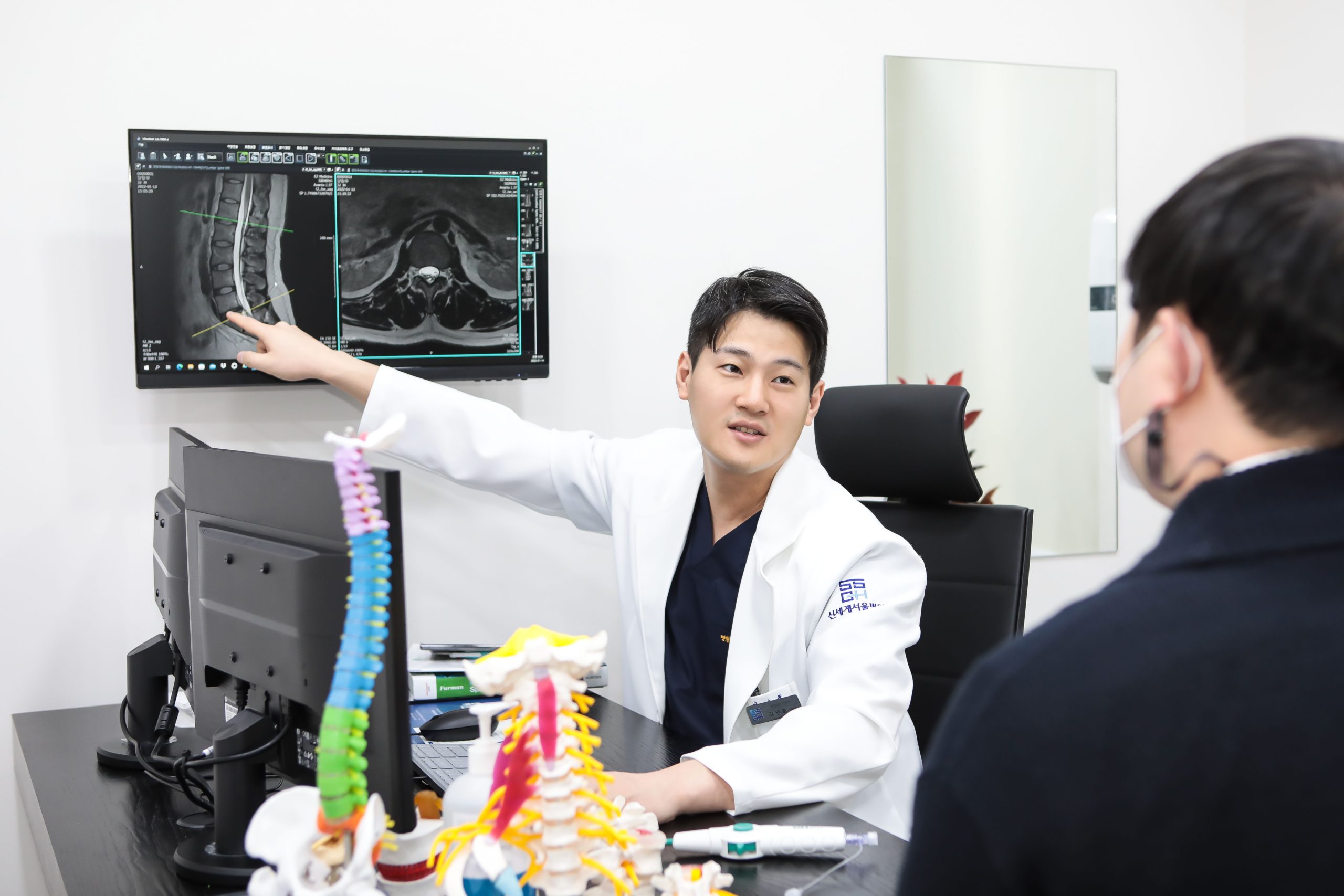At Shinsegae Seoul Hospital’s Internal Medicine Department, we provide comprehensive care for a variety of conditions, focusing on digestive diseases, endocrine diseases, and high blood pressure. Our team of experienced physicians is dedicated to offering personalized treatment plans and advanced diagnostic services to ensure the best possible outcomes for our patients.

Treatment Areas
Digestive Diseases
Digestive diseases encompass conditions affecting the stomach, duodenum, small intestine, large intestine, liver, and pancreas. These organs are responsible for transforming food into the energy our body needs. Abnormalities in their function can lead to symptoms such as pain, discomfort, and digestive issues. Common causes include irregular eating habits, stress, lack of exercise, alcohol consumption, and smoking.
Endocrine Diseases
Endocrine diseases involve the endocrine organs, which produce and regulate hormones essential for maintaining body homeostasis, reproduction, and development. Problems with these organs can disrupt various metabolic processes and control mechanisms in the body, affecting the nervous and circulatory systems. Effective management is crucial for conditions such as diabetes, thyroid disorders, and adrenal gland issues.
High Blood Pressure
High blood pressure, or hypertension, is defined as a systolic blood pressure of 140 mmHg or higher and a diastolic blood pressure of 90 mmHg or higher. It can be classified into primary (essential) hypertension, with no specific cause, and secondary hypertension, caused by identifiable factors. Hypertension often has no specific symptoms, making regular monitoring essential to prevent complications like organ damage or cerebral hemorrhage. Symptoms may include headaches, dizziness, numbness in the extremities, and shortness of breath.
Diagnostic Services
Health Screenings
We offer general health checkups, including screenings for the five major cancers: stomach, colon, liver, breast, and cervical cancer. Our screenings are available biennially for eligible individuals and annually for non-office workers.
Gastroscopy
An upper endoscopy, or gastroscopy, allows us to examine the upper digestive tract, including the esophagus, stomach, and duodenum. This procedure helps detect and treat various digestive diseases early, significantly improving outcomes for conditions like early gastric cancer.
Colonoscopy
A colonoscopy enables us to observe the inside of the colon by inserting an endoscope through the anus. It is the best method for preventing colon cancer, as polyps can be detected and removed during the procedure, reducing the risk of cancer development.
At Shinsegae Seoul Hospital’s Internal Medicine Department, we combine advanced technology with compassionate care to manage and treat a wide range of internal medicine conditions. Our commitment to patient-centered care ensures that each individual receives the highest quality treatment tailored to their specific needs.